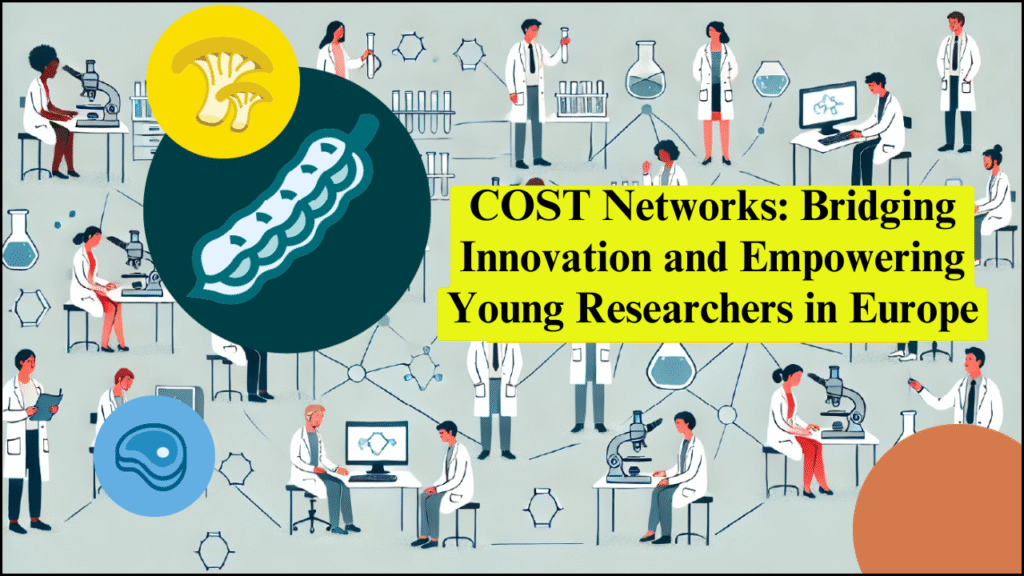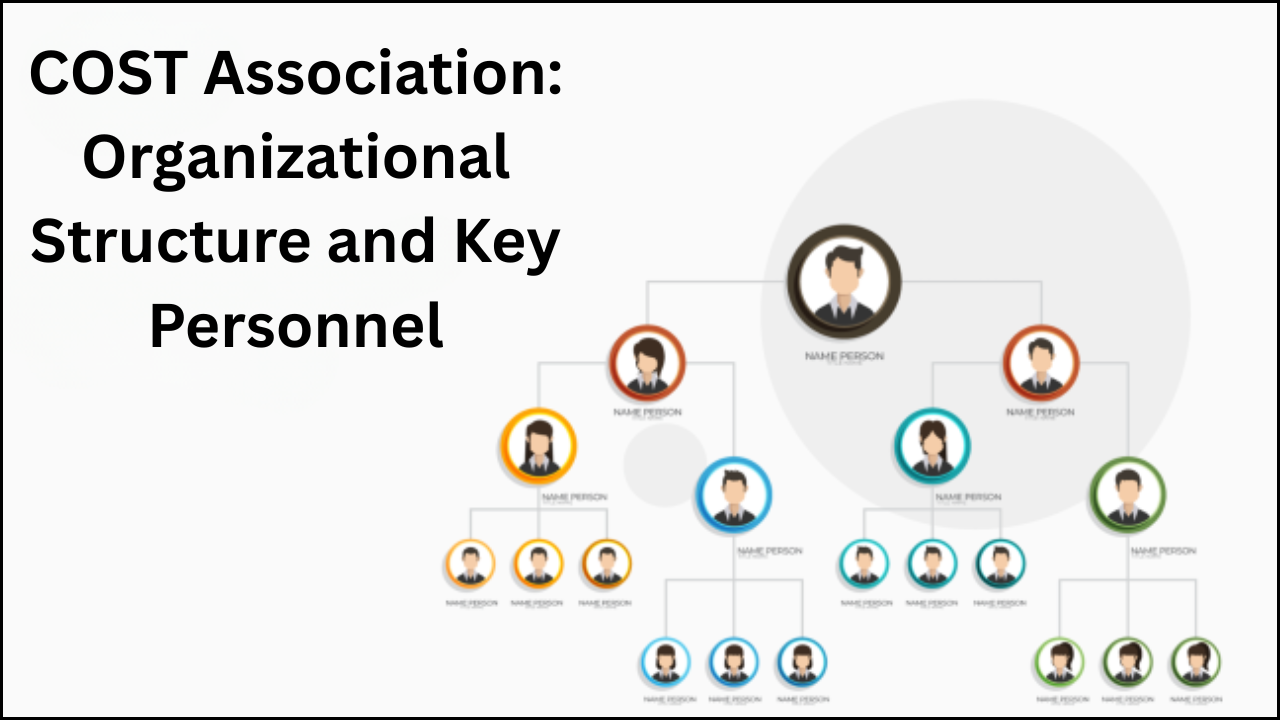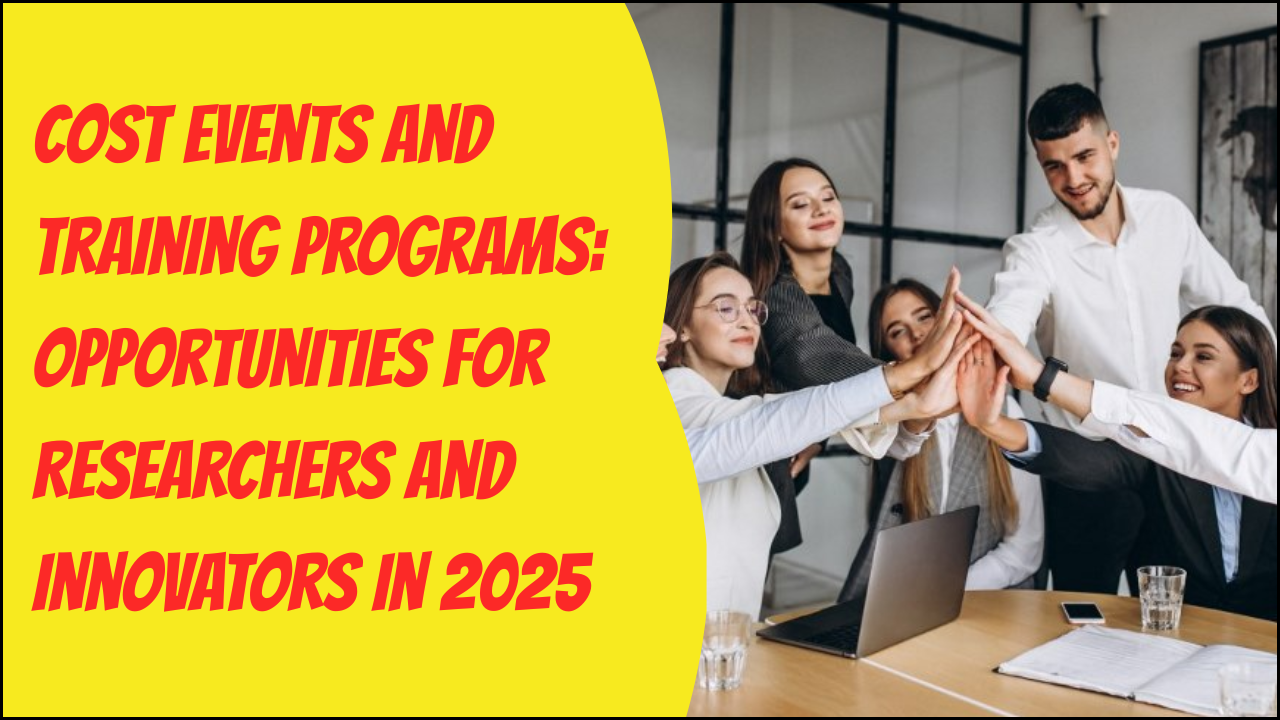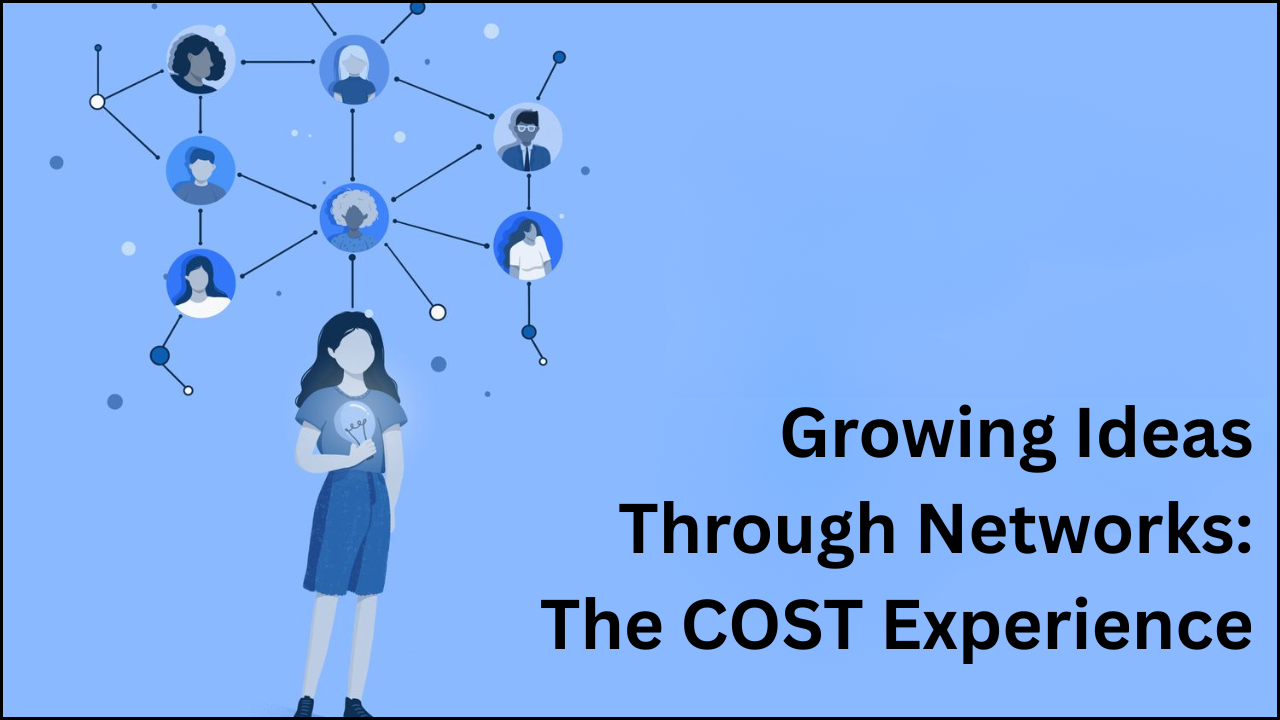
The European Research Area (ERA) thrives on collaboration, knowledge exchange, and innovative solutions to societal challenges. COST (European Cooperation in Science and Technology) plays a pivotal role in this ecosystem by fostering interdisciplinary networks, promoting inclusiveness, and empowering early-career researchers. COST’s strategic approach, approved on 12 December 2017 by the Committee of Senior Officials, reflects its ambition to remain at the core of European research and innovation, bridging gaps and enhancing cooperation across countries and disciplines.
Table of Contents
Promoting and Spreading Excellence
Excellence is embedded in every COST initiative. COST ensures that opportunities for research and innovation are accessible to all, regardless of geographic location, career stage, or disciplinary focus. The organisation’s open, bottom-up approach strengthens Europe’s pockets of excellence and widens the research and innovation base. Key aspects include:
- Inclusive Networks: COST provides universal access to its networks of excellence, welcoming researchers from diverse backgrounds.
- Structural Support to ERA: By connecting leading institutions and emerging talent, COST strengthens Europe’s research infrastructure.
- Global Cooperation: COST encourages collaboration with countries beyond its membership, expanding scientific impact globally.
- Low-Barrier Processes: New participants receive guidance and a start-up package to integrate into the research community effectively.
Key Features of COST Networks
| Feature | Description |
|---|---|
| Open and Bottom-Up Structure | Networks formed based on participants’ interests and initiatives without hierarchical restrictions. |
| Accessibility | Participation is open to all researchers regardless of career stage or nationality. |
| Support Mechanisms | Start-up packages, mentoring, and knowledge-sharing platforms are provided. |
| Inclusiveness | Emphasis on multicultural, multidisciplinary, and gender-balanced participation. |
| Collaboration Beyond Europe | Partnerships and joint projects with countries outside COST membership. |
Fostering Interdisciplinary Research for Breakthrough Science
Breakthrough science often emerges at the intersection of disciplines. COST Actions encourage interdisciplinary collaboration that leads to innovations crucial for economic growth, employment, and societal well-being. Important aspects include:
- Open Knowledge Sharing: Researchers from diverse scientific fields exchange insights and data freely.
- Freedom of Thought: Bottom-up structures allow creative problem-solving and innovative solutions.
- Societal Impact: Interdisciplinary research addresses critical challenges such as climate change, health, and sustainable development.
- High Interdisciplinary Participation: More than 80% of ongoing COST Actions involve multiple disciplines, highlighting the collaborative ethos.
Impact of Interdisciplinary COST Actions
| Area | COST Contribution |
|---|---|
| Innovation & Technology | Cross-disciplinary collaboration leads to new technologies and methodologies. |
| Economic Growth | Research outcomes enhance job creation and attract investments. |
| Social Well-Being | Solutions address health, education, and environmental challenges. |
| Knowledge Transfer | Collaboration spreads expertise across sectors, improving skill sets and competencies. |
Empowering and Retaining Young Researchers and Innovators
COST places significant focus on early-career researchers and innovators. Networks foster mentoring, skill development, and career growth, reducing brain drain and promoting talent retention within Europe. Key features include:
- Mentorship and Networking: Connections with senior researchers provide guidance and open career pathways.
- Short-Term Scientific Missions (STSMs): Mobility opportunities allow young researchers to gain experience and broaden perspectives.
- Gender Balance and Inclusion: COST emphasizes equal opportunities, ensuring female researchers have access to the same career advancement prospects.
- Transferable Skills Development: Young participants acquire cross-disciplinary knowledge and essential soft skills.
- Integration with Funding Schemes: COST facilitates entry to broader funding opportunities, from Erasmus+ to ERC Grants.
Mechanisms Supporting Young Researchers
| Mechanism | Purpose |
|---|---|
| Mentorship Programs | Guidance from experienced researchers to enhance career development. |
| STSMs | Short-term mobility to gain hands-on experience and broaden professional networks. |
| Gender-Balanced Initiatives | Promote equity in opportunities, training, and career advancement. |
| Skills Development Workshops | Workshops focusing on transversal, communication, and leadership skills. |
| Access to Funding Schemes | Facilitating participation in competitive European research grants and programs. |
Excellence and Inclusiveness in COST Actions
COST maintains high standards of excellence while ensuring inclusive participation. By enabling open access to knowledge and fostering collaboration, COST helps bridge participation gaps across Europe. Key points include:
- Cross-Cutting Activities: Integration of multiple disciplines enhances the quality of research outputs.
- Open Access Principles: COST Actions promote transparency, sharing results widely with the research community.
- Equity and Diversity: The organisation actively works to reduce barriers related to geography, discipline, or career stage.
Global Networking and Collaboration
COST’s networks extend beyond Europe, creating global research partnerships. International collaboration strengthens scientific output, increases visibility of European research, and facilitates knowledge transfer to emerging research regions.
COST Networking Activities
| Activity | Objective |
|---|---|
| International Workshops | Knowledge exchange across countries and disciplines. |
| Collaborative Projects | Joint research projects with partners outside Europe. |
| Conferences and Symposia | Platforms for presenting research, sharing insights, and building networks. |
| Digital Networking Platforms | Virtual collaboration tools to connect researchers globally. |
| Training Schools | Skill-building sessions targeting both technical and transferable competencies. |
COST Strategic Plan and Horizon Europe
The COST Strategic Plan aligns with Horizon 2020 and Horizon Europe, reinforcing COST’s mission to strengthen the European Research Area. Strategic goals focus on:
- Enhancing excellence and inclusiveness.
- Supporting young researchers and innovators.
- Promoting interdisciplinary research for societal impact.
- Expanding global collaboration.
- Ensuring gender balance and equity in research opportunities.
Strategic Goals of COST
| Goal | Description |
|---|---|
| Excellence & Inclusiveness | Bridging research divides and promoting quality research across Europe. |
| Empowering Young Researchers | Supporting early-career researchers through networking and skill-building opportunities. |
| Interdisciplinary Collaboration | Encouraging cross-disciplinary research to generate breakthrough innovations. |
| Global Outreach | Expanding COST networks and partnerships beyond Europe. |
| Open Science Principles | Ensuring transparency, knowledge sharing, and broad access to research outputs. |
In Summary
COST networks represent a powerful mechanism for advancing research, fostering innovation, and empowering young generations of European researchers. Inclusiveness, interdisciplinarity, and openness are at the core of its strategy, enabling excellence and facilitating global collaboration. The organisation’s continuous support for early-career researchers, structured mentoring programs, and skill development initiatives ensures sustainable growth of Europe’s research and innovation ecosystem. COST continues to bridge the innovation divide, contributing to societal well-being and economic growth through collaborative, bottom-up research networks.





